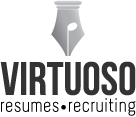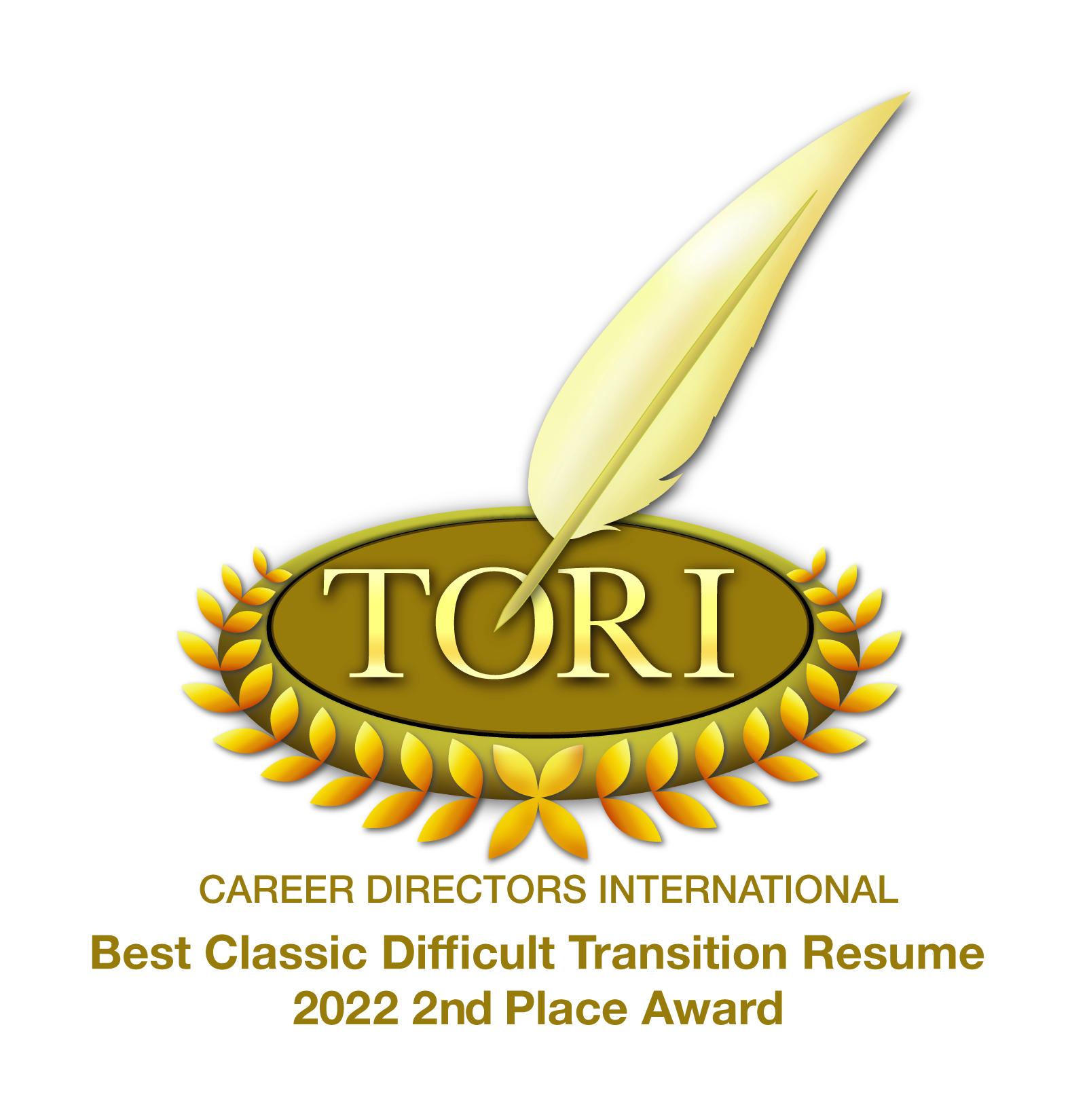“How do I find keywords for my resume?”
This has to be the most common question that folks ask. This sometimes involves crying, yelling, consternation, or just general helplessness. So…let’s back up and start from the beginning.
Why are keywords important? This idea goes back to automation. When HR began getting in 100s of resumes for each opening, some IT genius figured out that they could add automation into hiring and recruiting by weeding out resumes of folks that clearly do not qualify. If you are a Bartender applying for a General Counsel role, they probably don’t want to talk with you. Or a General Counsel applying to be a mechanic – same thing.
- Key takeaway: This ensures that the candidates HR pulls are truly qualified. The 100s of resumes they used to have to manually review are now down to dozens.
What happens on the other side? HR programs in certain words and phrases that they consider “must-haves” for the role they need to fill. These are keywords, and can be either single words or entire phrases. The automated tracking software (ATS) then “reads” the resumes and produces a stack of candidates for HR that meet 70% to 100% of the pre-selected keywords. HR then reviews those applicants manually. Note that there are companies that do not use ATS systems or still do manual reviews. Thank goodness there is a trend putting human reviews back into the hiring process!
- Key takeaway: When your resume gets past the software and onto the desk of an actual person, recent statistics show that your resume has to make an impact in 6 to 7 seconds.
How do I find the best keywords for my resume? There are usually three sections to a job announcement – a description of the company, the duties or responsibilities, and key qualifications. While you’ll find keywords throughout the job ad, I typically skip to the key qualifications first. This is where you will have the company’s “must-haves.”
The position requirements will have a mix of hard and soft skills, and both MUST be in your resume to get past the ATS systems. Common qualities are interpersonal skills, communication skills, or initiative. Hard skills might be software engineering, project management, sales management, or financial services experience. I’ll say it one more time – YOU NEED BOTH HARD AND SOFT SKILLS IN YOUR RESUME.
Under the position responsibilities, you’ll find the language that the company uses to describe the role for which you’re applying. There are additional keywords in this section, so focus on words or phrases that repeat or ones that clearly describe your role or industry such as full project management lifecycle, sales strategy, or end-to-end implementation.
The trickiest section is the one that describes the company. This is where you find critical information about what is important to the company. Do they value integrity? Problem-solving? Ingenuity? Pull a couple of key qualities that represent how they do or approach business.
- Key takeaway: You will have to update and tweak the keywords EACH TIME you send out the resume. THERE ARE NO SHORTCUTS. And if you haven’t guessed, I find the keywords manually. There is no software or word cloud out there that I like or trust.
Happy hunting!












